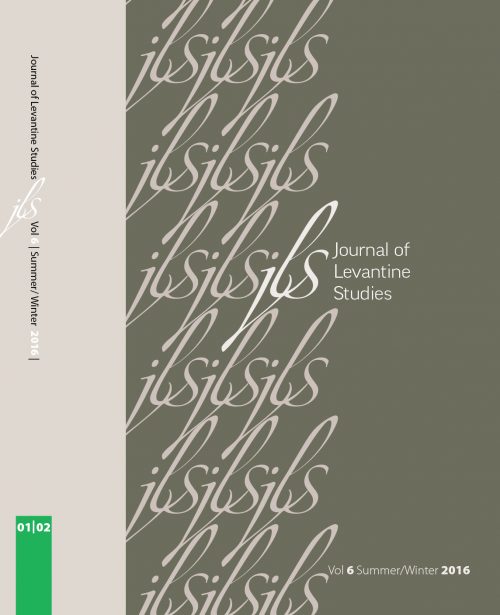-
Add to cartQuick view
A Chosen Republic: Rome, Jerusalem, and the “Mediterranean Synthesis” in American History
Free!This article traces the ethos of the United States to a Mediterranean setting. Founded as a Roman-like republic, the country has also understood itself as a “second Israel” throughout its history. This combination has proved itself to be anything but problem free: while Americans wished to become republicans according to the Roman model, they could not ignore Rome’s corruption and decline. On the other hand, if they were to be the new Israel, what did it mean to be a God-chosen republic?
One way to make sense of this tension is by better understanding a “Mediterranean Synthesis” in American history. If Rome excited Americans but also demonstrated that a republic would necessarily become corrupt, Jerusalem promised that the American Rome could escape the historical pitfalls that ensnared republics for millennia. Americans thus made sense of the meaning of their national experience in light of two ancient Mediterranean entities, a classical polity and a biblical nation, hence becoming a chosen republic. The outcome was Americans’ paradoxical ability to perceive theirs as an exceptional polity, one that would not necessarily follow the universal rules of history.
Add to cartQuick view -
Add to cartQuick view
Papal Bulls and Converso Brokers: New Christian Agents at the Service of the Catholic Monarchy in the Roman Curia (1550-1650)
Free!This paper analyzes the presence of the New Christian minority within the system of curial agencies, a key structure for the interests of the Catholic monarchy in Rome. It was a stable network of agents that reflected the multiplicity of territories under the sovereignty of the Spanish Habsburgs and worked alongside the Spanish embassy to the Holy See. Factors explaining the significant converso presence and the curial dynamics behind the creation of the system of agencies are examined, illustrating the operation thereof through various case studies, with special attention to Portugal’s agency. A transversal approach is employed in the study of this system, which has been very poorly understood until now.
Add to cartQuick view -
Add to cartQuick view
The Nação as a Political Entity at the Court of Rome
Free!This article deals with the manner in which Portuguese New Christians developed into a political entity, eventually becoming tantamount to a national group in the deliberations of the Holy See in the first part of the sixteenth century. This was, in part, accomplished through the efforts of a group of Portuguese conversos who had been present in Rome since the initial concession to Portugal of a tribunal of the Inquisition in 1531. The article considers how these men acted as procurators in a way similar to other such agents who represented the interests of national groups and who maintained a constant presence in Rome for centuries. It demonstrates how they sought to abolish or mitigate the effects of the tribunal in Portugal, seeking reprieves for people accused by the Inquisition or imprisoned in the kingdom and helping to set up safe havens in the Italian peninsula where they could settle.
Add to cartQuick view
- Home
- About JLS
- Issues
- Vol. 9 No. 1 | Summer 2019
- Vol 8 No 2 Winter 2018
- Vol. 8, No. 1: Summer 2018
- Vol. 7, No. 2: Winter 2017
- Vol. 7, 1: Summer 2017
- Vol. 6, Summer/Winter 2016
- Vol. 5, No. 2 Winter 2015
- Vol. 5, No. 1 Summer 2015
- Vol. 4, No. 2 Winter 2014
- Vol. 4, No. 1 Summer 2014
- Vol. 3, No. 2 Winter 2013
- Vol. 3, No. 1 Summer 2013
- Vol. 2, No. 2 Winter 2012
- Vol. 2, No. 1 Summer 2012
- Vol. 1, No. 2 Winter 2011
- Vol. 1, No. 1 Summer 2011
- Blog
- dock-uments
- Subscribe
- Submit
- Contact


